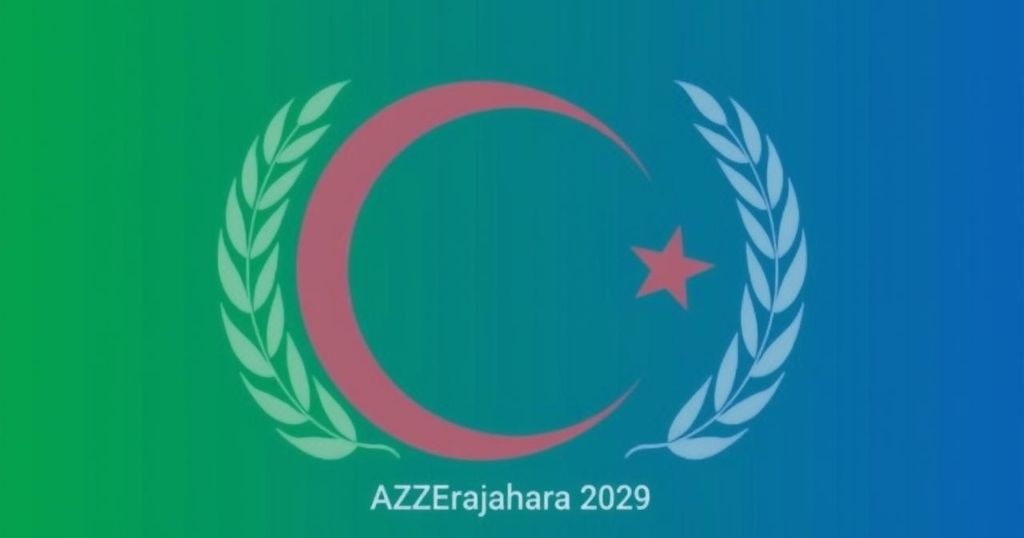Azerbaijan’s Efforts to Silence Human Rights Criticism Ahead of COP29
Azerbaijan is working to limit discussions about its human rights record during COP29, as highlighted by a leaked hosting agreement that allows for the punishing of critics. Human Rights Watch urges the UNFCCC to promote a rights-respecting conference in Baku, while calls for open dialogue about Azerbaijan’s domestic issues grow.
Azerbaijan seeks to suppress any discourse regarding its human rights practices during the forthcoming COP29 climate conference, set to take place from November 11-22 in Baku. A leaked hosting agreement between Azerbaijan and the United Nations Framework Convention on Climate Change (UNFCCC) reveals provisions that may grant the Azerbaijani government the authority to penalize critics of its policies. The document, shared by Human Rights Watch, raises concerns by creating ambiguity regarding participants’ freedom of expression in relation to their activities during the conference. The hosting agreement includes a clause that ensures participants receive immunity for their official remarks; however, it simultaneously imposes a duty upon them to adhere to the laws of Azerbaijan, which are not explicitly defined in this context. This vagueness raises the possibility that any remarks deemed to interfere with Azerbaijan’s internal affairs could lead to repercussions. In light of Azerbaijan’s ongoing crackdown on dissent, Human Rights Watch has called on the UNFCCC to ensure that COP29 upholds vital human rights standards, criticizing the lack of transparency surrounding the agreements made with Azerbaijan. Frank Schwabe, a notable member of the German delegation at the Parliamentary Assembly of the Council of Europe, emphasized that COP29 should serve as a platform for addressing the host nation’s human rights concerns, stating, “No one should be afraid of criticizing the government. They have to talk about the situation in Azerbaijan, but not after COP29 ends. … Ilham Aliyev may think that COP29 is like Formula1 or some football cup. But it’s a huge political conference.” Additionally, recent reports indicate that Russian President Vladimir Putin will not attend the conference, potentially alleviating some diplomatic tensions for Azerbaijan’s leadership.
The controversy surrounding Azerbaijan’s hosting of COP29 arises from the country’s reported history of human rights abuses and suppression of dissent. The COP (Conference of the Parties) serves as a significant international platform for discussing climate change and related environmental issues. However, the atmosphere created by the hosting agreement raises concerns regarding freedom of speech and the safety of participants who may wish to discuss Azerbaijan’s domestic policies. Understandably, this juxtaposition of climate discourse and human rights criticism presents a challenging environment for both attendees and organizers.
In summary, Azerbaijan’s hosting of COP29 could potentially stifle criticism of its human rights record due to specific provisions within the hosting agreement. As the conference approaches, the need for transparency and a commitment to respecting human rights at such an influential political gathering becomes increasingly essential. Stakeholders, including the UNFCCC and participant nations, must navigate the complexities of engaging critically with the host country while ensuring the conference maintains its integrity and purpose.
Original Source: eurasianet.org




Post Comment